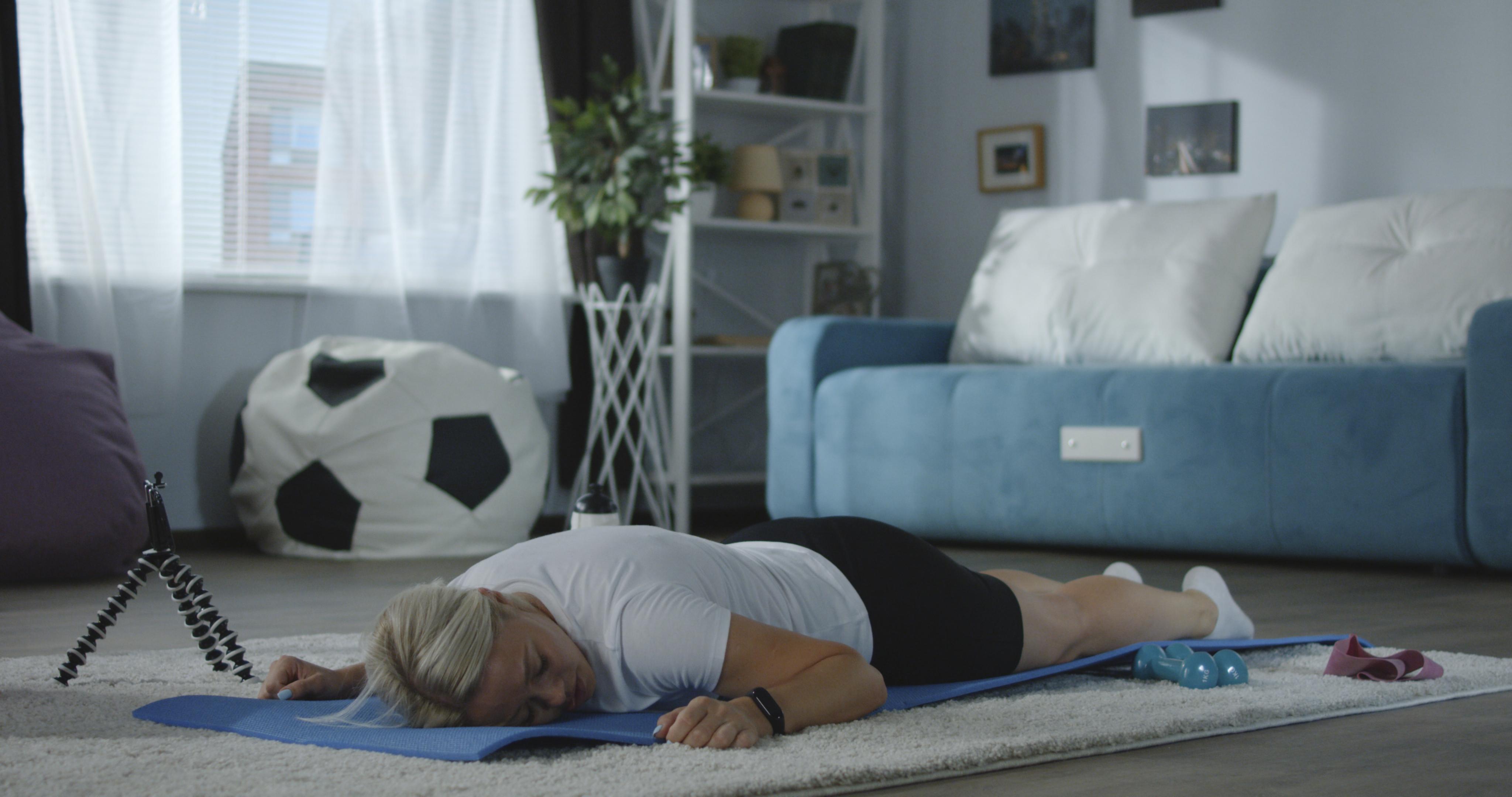
4 minute read
The Effects of Shorter Days on Your Mood
The Effects of Shorter Days on Your Mood
According to Mental Health America, about 5% of the population is likely to suffer from Seasonal Affective Disorder (SAD), commonly referred to as winter blues or seasonal depression. SAD may affect your mood, or energy, especially if you work out in a poorly lit basement gym.
Advertisement
Causes of Mood Change During Winter and Fall
The primary reason for the change in mood during shorter days is the low level of sunlight exposure during fall or winter. Less natural light can:
• Alter melatonin – a hormone associated with sleep and mood

The body produces melatonin when its dark to help you sleep. During the day, when there is sunlight, your brain stops the production of melatonin so that you can feel alert and awake. In the long night and short days of winter, your body can produce excess melatonin, leaving you feeling low on energy and drowsy. Serotonin is a neurotransmitter that regulates mood. During winter, when there is less sunlight, there is less production of serotonin, and its deficiency can lead to depression.
• Disrupt your internal body clock which controls sleep-wake cycles
The shorter days and long nights of winter affect your circadian rhythm- leaving you feeling sleepy, disoriented, groggy, and unmotivated during workouts.
All these factors directly impact your mood and can affect your workout routine. The common symptoms that you are likely to experience during this time include: • loss of pleasure or interest in working out • feeling anxious, angry, irritable and stressed • low self-esteem and depression • weight and appetite changes
• feelings of hopelessness, despair, and sadness • unexplained pains and aches • use of alcohol or drugs for comfort
The symptoms may vary depending on the environment, gym condition, and genetic vulnerability of a person. In most cases, the symptoms will start mildly at the beginning of fall, then get progressively worse in the darkest and shortest days of winter.
How to Treat SAD and Lift Your Mood During Shorter Days
Light Therapy This is one of the best ways of dealing with winter blues. This therapy aims at replacing the missing daylight in winter by exposing you to light that mimics outdoor light. Daily exposure will suppress your brain’s secretion of melatonin to help you stay more awake.

You can administer light therapy using a lightbox then work out at least 12 inches in front of it. Don’t stare directly at the light. You can also use a dawn simulator. The device will increase the light in your home gym to simulate the rising sun and motivate you to work out.
If you work out in a spare bedroom, a garage gym, or a basement gym, you can open curtains or blinds to let in more light during your workouts. If it’s not very cold, you can briefly open your garage/shed or barn door to let in the sunlight. However, if you work out in the mornings when it’s still dark, you can improve your mood by:
• Dressing in warm and comfortable clothes • Listening to music or • Finding a workout buddy.
Using Music During Workouts
Music triggers physical changes that indicate emotional arousal. When you play your favorite songs, the cerebellum is activated and triggers blood flow to your legs. This is one of the reasons why playing music makes us want to work out more, even if it’s just jogging or doing cardio. Cheerful, bright music can also make you feel more energetic, alert, and happy, hence lifting your mood during the shorter days.
Regularly Exercise
Regular exercise will boost endorphins, serotonin, and other feel-good hormones. During winter, you can find exercises that are rhythmic and continuous such as weight training, cardio, or running on the treadmill.
Daytime Exercise
Get as much natural light as you can. If it’s not frozen, you can schedule your training during the day. By doing so, your body will produce endorphins, which will trigger positive feelings. Additionally, sunlight, even in small amounts, can improve your mood by boosting your serotonin levels. You can maximize the amount of natural light in your gym by opening blinds or drapes or exercising near a window. You can also paint the gym in brighter colors or use bulbs which emit enough light.
Using Supplements
Supplements are best taken at the beginning of winter when symptoms are not severe. The supplements increase the levels of serotonin in your brain and lift your mood for instance the vitamin C supplement. Additionally, you can use some preworkout supplements such as caffeine and creatine to boost your awareness and stamina as you train.
Find A Workout Partner
Getting active and having regular exercise boosts both your mental and physical wellbeing during dark and shorter days. Having a workout partner will help you in combating the feelings of depression and uplift your mood. The partner can offer motivation and push you a little further or hold you accountable for going to the gym.





